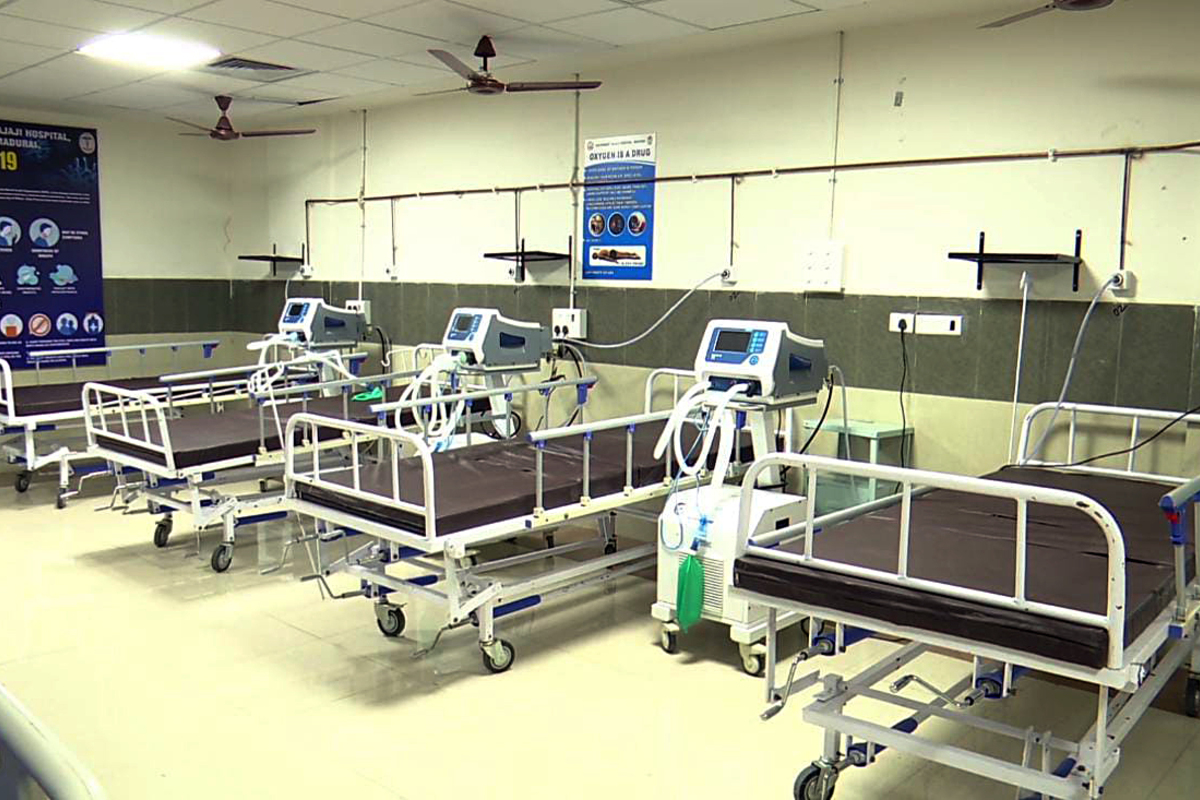On Wednesday, Kerala’s health minister Veena George announced the confirmation of yet another Nipah virus illness, bringing the state’s total cases to five. The minister reported that a 24-year-old medical professional from a private hospital in Kozhikode has been identified as having the virus.
706 people are currently on the contact list, 77 of whom fall into the high-risk group, and 153 of them are employed in the medical field. No one in the high-risk group is presently exhibiting symptoms.
Up to 13 patients are currently being monitored in the hospital and displaying minor symptoms, such as headaches.
The high-risk contacts have been recommended to stay in their homes by the government.
To coordinate all initiatives, the Kerala government has established 19 core committees. The local self-government has organized volunteer teams to assist in delivering needs to individuals who are isolated.
Two people in Kerala have already died as a result of the brain-damaging virus.
Veena George stated earlier on Wednesday that the state aims for “proactive detection” of illness prior to instances being verified in labs. The health administration keeps track of clinical signs so that early warnings can be issued.
According to George, the state administration is concentrating on identifying early contacts of infected individuals and isolating those who exhibit symptoms.
Seven village panchayats in the Kozhikode district, including Atanchery, Maruthonkara, Tiruvallur, Kuttiyadi, Kayakkodi, Villyapalli, and Kavilumpara, have been designated containment zones, according to the health minister in response to a question in the Assembly today. The state government’s plan to stop the spread of infection includes the establishment of containment zones.
In order to allow pupils from all schools in the containment zone to attend courses from home, Public Education Director has also been instructed by Education Minister V Sivankutty to set up online classes for them.
Infected individuals initially experience symptoms like fever, headaches, myalgia (muscle pain), vomiting, and sore throat, according to the World Health Organization (WHO). Dizziness, sleepiness, altered consciousness, and neurological symptoms indicative of acute encephalitis may ensue.
Atypical pneumonia and serious respiratory issues, such as acute respiratory distress, can also occur in some patients. Severe instances include encephalitis and convulsions, which progress to coma within 24 to 48 hours.
The WHO estimates that the incubation period, or the time from infection to the beginning of symptoms, can last anywhere between 4 and 14 days. However, it has been documented that incubation can last up to 45 days.












